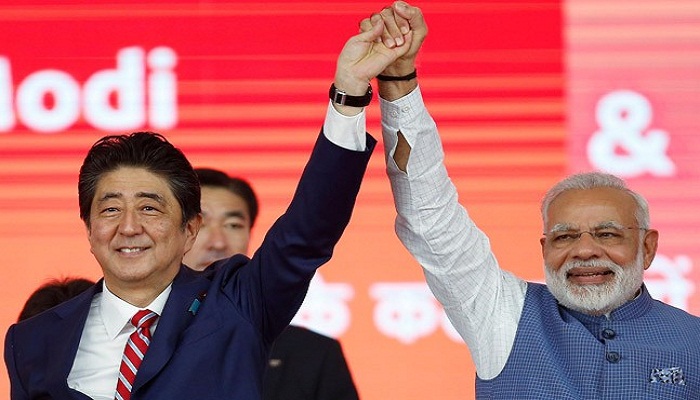
Japanese prime minister Shinzo Abe’s Left Democratic is believed to have secured at least 312 seats in the House of Representatives. Abe’s alliance now holds a two-thirds majority in both houses of Japan’s bicameral legislature, known as the National Diet. The ruling coalition already has a two-thirds majority in the House of Councilors, the less powerful upper house.
Having a ‘supermajority’ in both Houses gives them virtually a free hand to push even divisive policies and legislation. Abe, pointed out soon after his massive victory that he would not use his ‘supermajority’ to push through constitutional changes through Parliament. For the first time since he took office nearly five years ago, he appeared vulnerable as both party leader and prime minister. By claiming the majority, it is expected that Abe will stick to his China policy.
For India, Abe’s consolidation of power augurs well, because India can work with him on a variety of levels, from trade to infrastructure and strategy to defense. Abe was the chief guest at India’s 65th Republic Day parade. Japan finally provided all the approvals needed to set the India-Japan nuclear deal in motion. Abe was also in India recently to lay the foundation stone for the Ahmedabad-Mumbai bullet train-a first for India. Further, Abe envisions a security diamond comprising Japan, Australia, the US and India to secure the seas of the Asia-Pacific region.

Post Your Comments